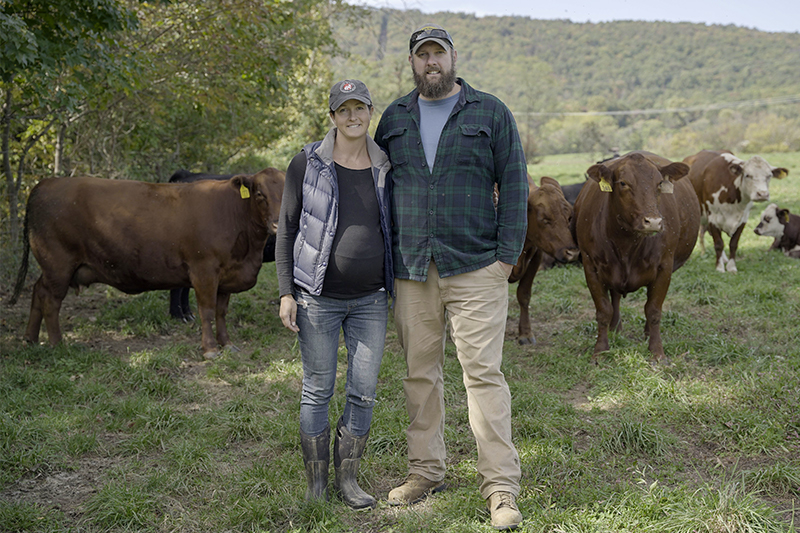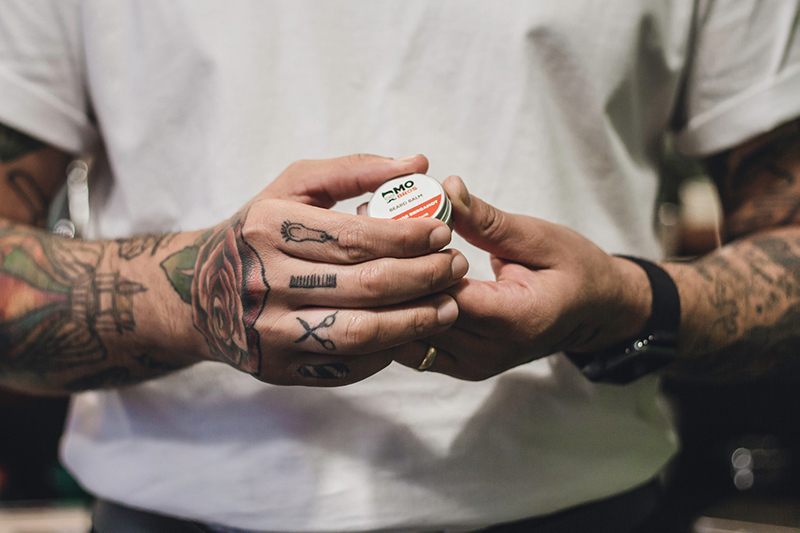In 2020, communities came together in inspiring ways. Here’s why we’re hopeful for 2021
Corporate PayPal Product Social Innovation
December 16, 2020
The past year has shifted the world as we know it. A global pandemic, economic downturn, racial injustices, and devastating natural disasters have changed the ways we live, work, socialize, and learn.
We know that getting through 2020 took incredible resilience, kindness, and ingenuity. The challenges we faced have brought our global PayPal community together in new and powerful ways. Throughout the year, communities supported one another, small businesses displayed incredible creativity, and individuals found new ways to experience joy and pursue their passions — and that alone is worth celebrating. Here are some of the countless examples of community support and resilience that inspired us in 2020 and make us optimistic heading into the new year.
Communities and companies came together to support those in need.
- Communities rallied for frontline workers, cheering from their rooftops and windows this spring and providing aid to people whose essential, life-saving jobs put them at greater risk of contracting COVID-19. Through organizations like Masks for Docs, Get Us PPE, and Direct Relief, individuals used digital payments to crowdfund personal protective equipment for hospitals and other frontline organizations.
- In the United States, companies supported civic action, giving employees time off to plan and cast their votes this past November. Through the Time to Vote coalition, hundreds of organizations ensured that employees would not have to choose between voting or earning a paycheck. The collective pro-voting efforts made an impact — this year’s election saw the highest voter turnout in 120 years.
- Communities around the world created a grassroots movement around virtual tip jars to support service workers whose income was impacted by stay-at-home safety measures and social distancing. Shared spreadsheets aggregated workers’ names, places of employment, and Venmo or PayPal email information, enabling would-be customers to virtually tip their favorite bartenders, hair stylists, performers, and childcare service providers. This ongoing effort for the common good has provided additional income to millions of service industry workers during the pandemic.
- Organizations across every sector committed to take action for racial equity and social justice, as the pandemic widened the racial wealth gap and highlighted racial health disparities. At PayPal, we understand the dramatic changes that need to occur to dismantle systemic racism. As a first step in that direction, we made a $530 million commitment to support, sustain, and invest in Black-owned businesses, banks, non-profit organizations, and venture capital funds. We’re also bolstering internal programs to further increase diversity, equity and inclusion. There is more work to do, and we look forward to continued progress in the year ahead.
- Communities extended their generosity to strangers through #PayPalItForward, a giving platform that includes the PayPal Giving Fund, Pay With Rewards, Give At Checkout, Generosity Network, and KIVA — all created to support those in need. On Giving Tuesday this year, we saw a 40 percent increase in donations, with more than 1.75 million global PayPal customers donating a record-breaking $185 million to causes they care about.
Small businesses found creative ways to adapt to unusual circumstances.

Husband and wife team Casey and Justin Wisch at Long Stone Farm in Lovettsville, Virginia.
- Businesses grew more efficient by blending the old and the new. On Long Stone Farm in Virginia, owner Casey Wisch saw increased foot traffic as residents of nearby Washington, DC took daytrips to the countryside. After hearing her customers’ requests for digital payments, Casey adapted her farm store’s traditional cash and check payment system to offer a PayPal QR Code payment option. Now, Casey says, “about 70 to 80 percent” of their store’s transactions are going through the QR Code.
- Businesses leaned into new consumer trends to stay afloat during the pandemic. For many, that meant meeting customers where they were already spending most of their time: online and at home. For Shea Radiance, a natural beauty brand based in Maryland, investing in the company’s social media pages and hosting Instagram Lives led to growth despite initial pandemic-related financial concerns. Another hard-hit sector, the fitness industry, embraced at-home workouts, virtual training sessions, and self-care exercises, which have taken off as people around the world hunted for ways to stay physically and mentally well.
- Lots of small businesses bloomed, despite major changes to their operations. The global cut flower industry, which has typically revolved around large events like weddings, saw a huge decline in its sales when the pandemic hit. Some of the industry’s entrepreneurs blossomed from ingenuity amidst the challenges, like Herbivore Florals in Australia, who diversified their product selection and used digital tools to simplify their customer experience.
- It was heartening to see how people rallied around small businesses that had served their communities for years — sometimes generations. In Los Angeles, 27th St. Bakery’s third-generation owner Jeanette Bolden was able to find support and resources from the same community where her grandparents founded the bakery over 60 years ago. This year, Jeanette had her most successful Thanksgiving ever, due to a revamped menu and new pie press machine that allowed the bakery to produce roughly twice the number of pies.
- Across the U.S., small business owners sought out grants and loans to help cover overhead expenses, pay their employees, and provide benefits during a difficult financial time. PayPal was among the first non-bank institutions approved to provide access to small business loans through the U.S. Small Business Administration’s Paycheck Protection Program1, allowing us to do our part to help small businesses succeed.
- There are countless more small business success stories in The Adaptables podcast and video series. From reopening safely to navigating a challenging holiday season, small business owners from around the world share their learnings, successes, and pivots.
And consumers found unexpected ways to pursue their passions.
- People re-evaluated their spaces to make them multifunctional during stay-at-home safety measures. Many of us saw living rooms double as gyms, kitchens double as offices, and bedrooms double as classrooms. PayPal worked with Queer Eye’s Bobby Berk to help people budget responsibly when updating their spaces to accommodate for homeschooling, self-care, and remote working. The “Berking from Home” series showed viewers how to bring joy into their homes. The series also surprised a frontline worker with Berk’s iconic design skills, making her home a comfortable and functional retreat from work.
- Many people rediscovered their old hobbies or found new ones amid the extra time at home. PayPal’s own data reveals that global sales of toys, hobbies and games increased by 26 percent in 2020 compared to the previous year. The Chicago-based designer toy store and art gallery Rotofugi echoed this finding, sharing that people have continued to embrace their unique toys during quarantine — a silver lining to what many would call “a dumpster fire” of a year.
- People tapped into creative passions to express themselves during a unique year. In Atlanta, hip-hop photographer Cam Kirk rented out his creative studio space to artists of all types and levels. Kirk, who notes that “in the dark times is when the creative scene comes to life,” had to close the studio for two months when the pandemic struck but reopened this summer to an increase in new clientele pursuing their creative passions.
- People embraced self-care during this turbulent year, offering a reminder to all of us to be gentle with ourselves. While sales dropped in some beauty categories, self-care-related items like skincare and bath products increased as consumers looked to bring the salon experience home. Beauty businesses around the world have adapted, moving to online sales and taking advantage of new trends. U.K.-based men’s grooming brand Mo Bro’s was one example — the small business capitalized on the “quarantine beard” trend, as many people looked to care for their own grooming instead of going to barber shops.

One of Mo Bro's products for grooming "pandemic beards."
While 2020 was not the year that anyone expected, these stories of inspiration serve as great reminders of how we navigated it together. From all of us at PayPal, we wish you a happy and healthy new year.
1 - The Paycheck Protection Program is closed and no longer accepting applications.